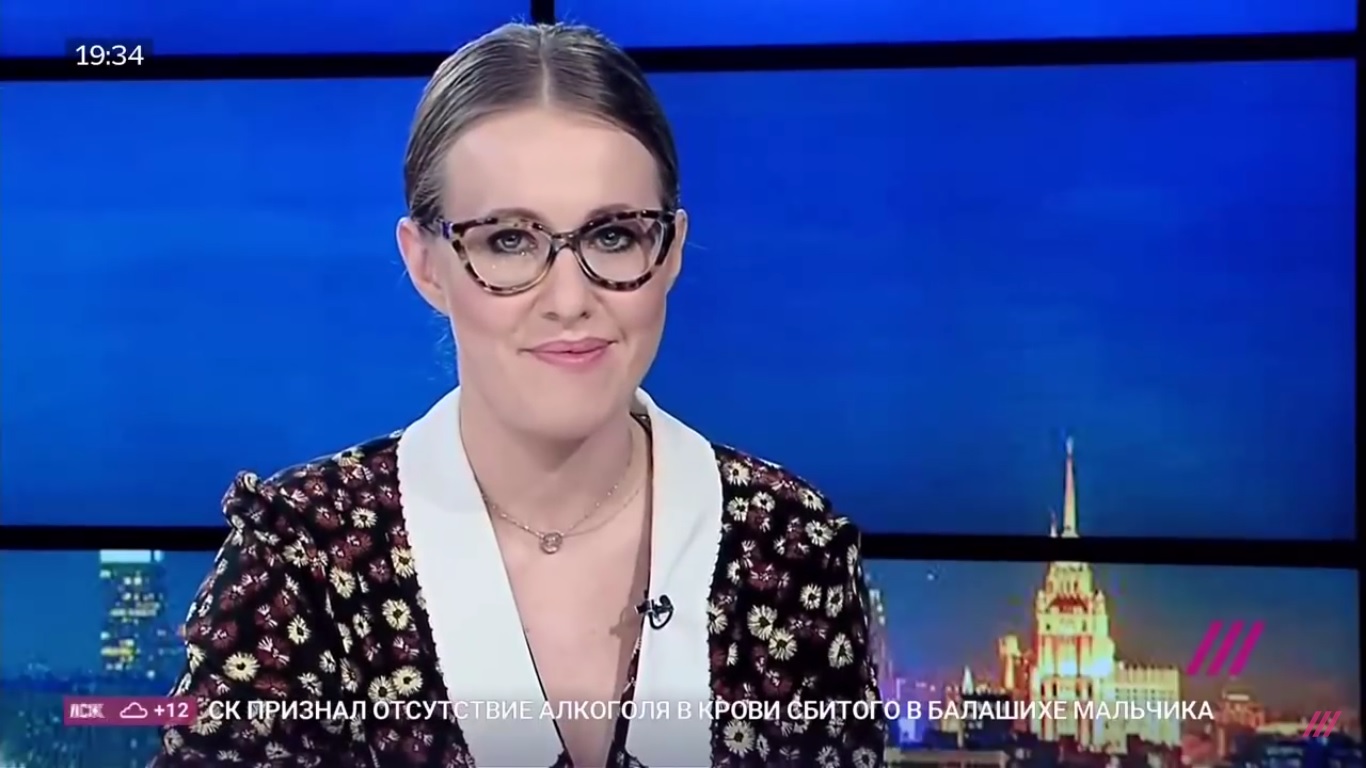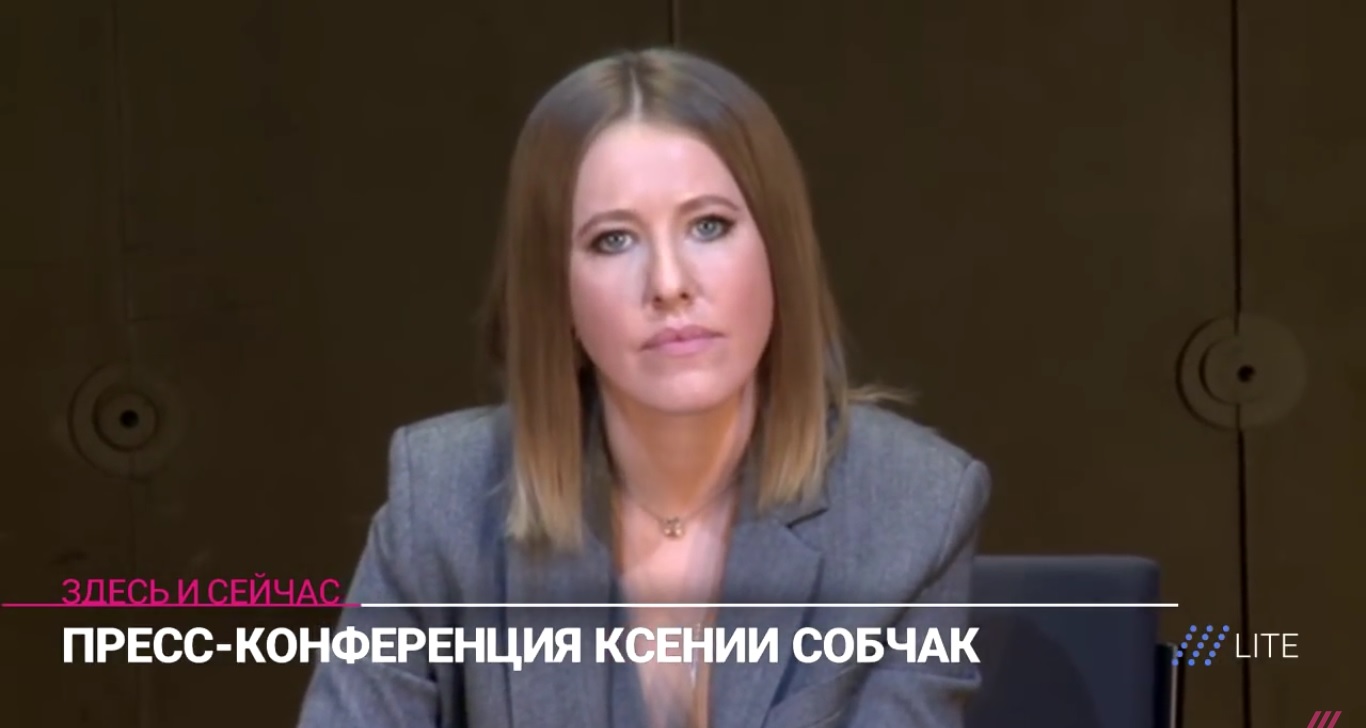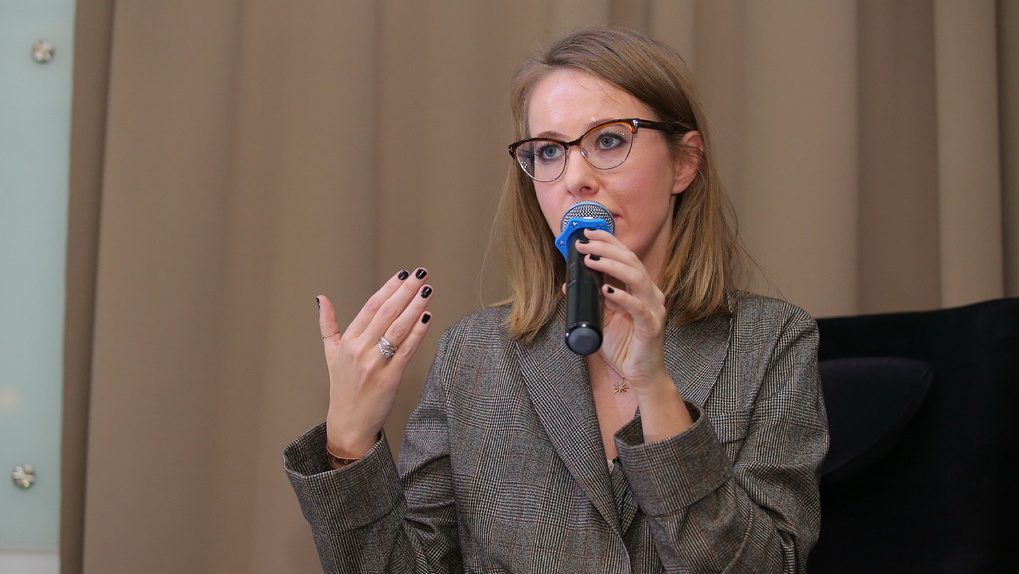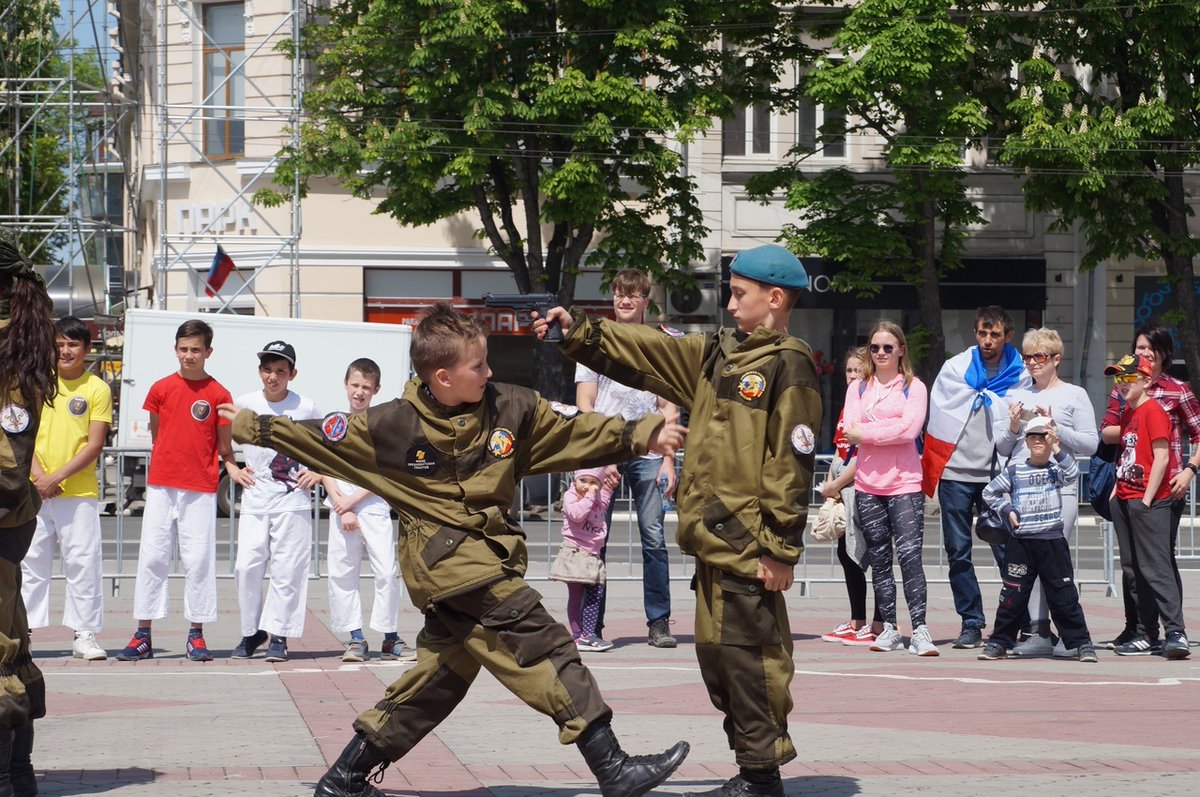As it was informed by Radio Free Europe/Radio Liberty, Russia’s lower chamber of parliament, the State Duma, has approved the first reading of an expanded extremism bill aimed at further quelling opposition activists and politicians as well as anyone questioning Moscow’s forcible seizure of the Crimean Peninsula.
Duma Chairman Vyacheslav Volodin said on July 14 that, after the bill is adopted and becomes law, “calls for the violation of Russia’s territorial integrity, including calls to alienate parts of its territory, will be considered extremism.” “Any calls to separate Russia’s region or its part are unacceptable and must be suppressed,” Volodin said.
The bill, proposed by a group of lawmakers, is primarily aimed at targeting any discussion or criticism of Russia taking Crimea from Ukraine. Among other things, the legislation outlines fines and criminal liability for “public appeals” using the media, the Internet, or any other information channel.

In its turn, Russian Interfax Agency quoted Volodin as saying that “after the entry of the law into force, responsibility will also come for those who are abroad”. “This is especially true for our Ukrainian colleagues. The statements regarding Crimea that they will make will entail punishment under the laws of the Russian Federation,” he said on Tuesday at a plenary meeting where the relevant bill was discussed.
Volodin noted that “for American politicians who dreamed of Russia, responsibility also appears.” “If they come to our side, they can be arrested. And you can demand their extradition here,” said the speaker of the Duma.
As per V. Volodin the bill will amend the law on extremism bringing it in line with constitutional amendments that were adopted and took effect on July 4 (amid protests by opposition and rights defenders). Among other changes, the constitutional amendments allowed President Vladimir Putin to seek two more presidential terms after his current second term in a row expires in 2024.
A few words on “adoption of constitutional amendments”
Putin violated promises to the Russian people not to change the Constitution for himself and “dragged” amendments to the Constitution in one package through the illegitimate “All-Russian Voting”. Voting took place with clear signs of falsification and violations of the electoral legislation of the Russian Federation (voting on stumps, in luggage racks, on benches).
Western politicians have already called the vote “the triumph of one man” and “the swan song of the remnants of democracy”, and called for depriving the Russian delegation of their voting rights in the Council of Europe.
Let us recall that the Russian delegation to the EU has already been deprived of the right to vote for the annexation of Crimea. In addition, the leadership of Germany and France called for a sharp reaction to the “fake vote” and Putin’s constitution.
The EU officials criticized the vote. They voiced concern that the voting was conducted with numerous violations: coercion to vote, voting by one person several times, violation of the secrecy of the vote, and police violence against the journalist.
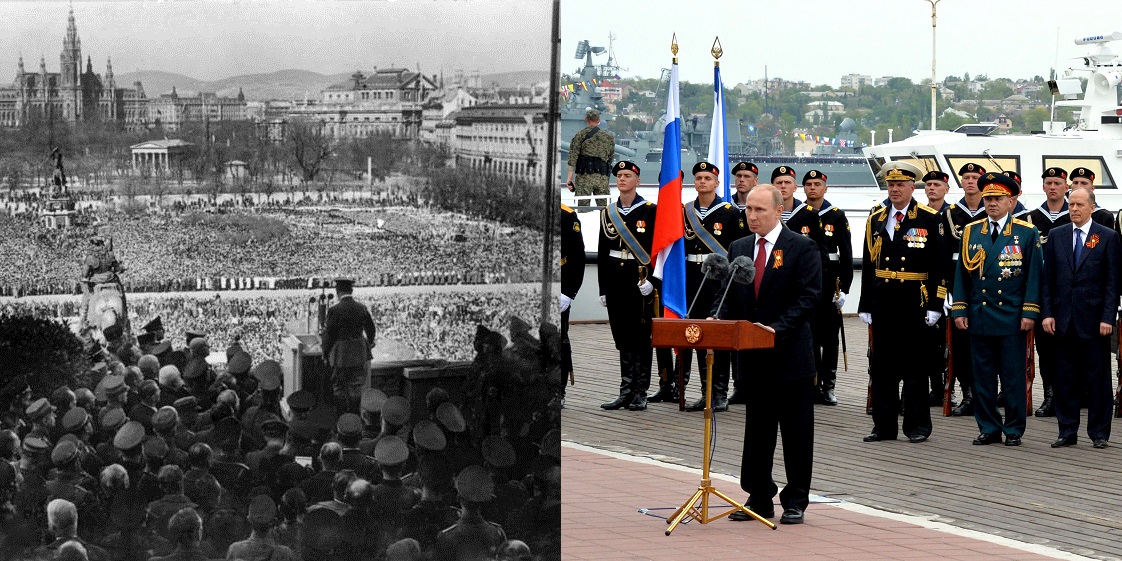
Right: Putin speaking in occupied Sevastopol to celebrate 18 March 2014 anschluss of the Crimean peninsula from Ukraine conducted by Russian military and special forces. May 9, 2014 (Image: kremlin.ru)
Besides, in order to attract a greater turnout, a “zeroing” vote was held both in the temporary occupied by Russia and its “LDNR” proxies territories of Crimea and Eastern Ukraine. European External Action Service spokesman Peter Stano has already commented on the illegal voting in the territory of Crimea and the “LDNR”, declaring that the annexation of the Crimean peninsula and the occupation of Donbas by Russia were not recognized, respectively, the EU did not recognize Russia’s voting at the temporary occupied territories, which are part of Ukraine. Similarly, the owners of Russian passports issued by the “LDNR” are not recognized as participants in the elections organized by Russia and put the legitimacy of the “All-Russian Vote” results in question.
The “constitutional performance” has nothing to do with democracy, but rather took place for the sake of the eternal Putin and the “stability” that the «tsar» promised in the form of social and economic stagnation, conservative nationalism and anti-democratic “graveyard silence”. It was the strangest vote since the collapse of the USSR, given that the procedure has lasted for seven days, was carried out according to a specially adopted law, and not according to a referendum law, and at the same time had no legal significance, since the amendments were approved in advance by the parliament.
Read More:
- Russian passport-holders in occupied Donbas shuttled to vote for Putin’s Constitution
- Putin’s talk about Russian lands in neighboring countries didn’t come out of nowhere
- FSB tortures detainees in occupied Crimea as law enforcement goes Soviet-style, UN report confirms
- MEP defending Russian occupation of Crimea joins European Endowment for Democracy board of governors
- Three conditions for the deoccupation of Crimea and Donbas – Vitaly Portnikov
- Putin’s victory parade & Crimea land grab are a throwback to Stalinist times: Vitaly Portnikov
- A Reminder: Crimea is NOT Kosovo
- How Russia militarizes minors in occupied Donbas
- These four stories show anybody can be jailed in occupied Donbas (and you, too)
- “My dream is to help someone like I was helped” – teenager who suffered Donbas war [VIDEO]


